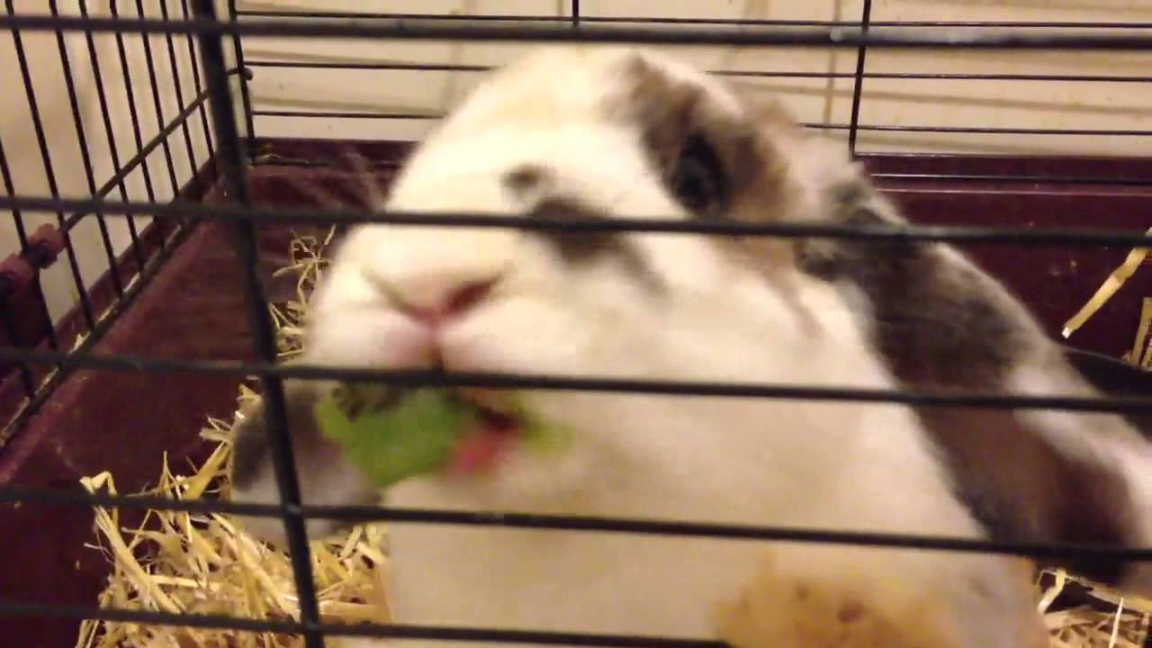Can Rabbits Have Kiwi?
Rabbits are herbivorous animals, which means their diet primarily consists of plant-based foods. While their main diet usually consists of hay, grass, and vegetables, many rabbit owners often wonder if it is safe to offer fruits as treats. One fruit that often raises questions is the kiwi. Let’s explore whether kiwi is suitable for rabbits or not.

Understanding a Rabbit’s Diet
Before discussing the safety of kiwi for rabbits, it is essential to understand their dietary needs. A rabbit’s diet should mainly consist of:
- Hay (timothy, orchard grass, or oat hay)
- Fresh vegetables (dark leafy greens, root vegetables, and herbs)
- Water
- A small amount of pellets (high in fiber and low in protein and calcium)
It is crucial to provide rabbits with a variety of fresh foods to ensure they receive all the necessary nutrients. Introducing new foods should be done gradually to prevent any digestive upset.
Kiwi and Rabbits
Kiwi is a fruit packed with essential vitamins and minerals. It is rich in vitamin C, vitamin K, vitamin E, potassium, and fiber. While kiwi can be a healthy addition to a human’s diet, it is important to consider whether it is safe for rabbits.
Rabbits have sensitive digestive systems, and introducing new foods without caution can lead to gastrointestinal issues. It is recommended to avoid giving kiwi to rabbits for several reasons:
- High sugar content: Kiwi is relatively high in sugar compared to other fruits. A diet high in sugar can cause obesity, dental problems, and digestive issues in rabbits.
- Acidity: Kiwi is also acidic, which can disrupt the delicate balance of a rabbit’s digestive system and potentially cause stomach upset.
- Fiber imbalance: While kiwi does contain fiber, it is not a sufficient source to meet a rabbit’s dietary fiber needs. Rabbits require high-fiber foods to maintain healthy digestion and prevent issues like gastrointestinal stasis.
- Potential allergies: Some rabbits may be allergic to kiwi, leading to allergic reactions such as skin irritations or digestive problems.
Given these reasons, it is best to avoid feeding kiwis to rabbits and instead focus on providing them with appropriate hay, vegetables, and occasional treats specifically designed for rabbits.
FAQs
1. Can rabbits eat other fruits?
Yes, rabbits can eat small portions of certain fruits as an occasional treat. However, it is important to introduce new fruits gradually and monitor their reactions. Some safe fruits for rabbits include apples, strawberries, and blueberries.
2. Are there any risks associated with feeding rabbits fruits?
Feeding fruits to rabbits should be done in moderation due to their high sugar content. Excessive consumption of fruit can lead to obesity, digestive issues, and dental problems. It is always best to consult with a veterinarian before introducing new foods to your rabbit’s diet.
3. How should fruits be prepared for rabbits?
Fruits should be thoroughly washed to remove any pesticides or contaminants. They should be cut into small, bite-sized pieces to prevent choking. Remove any seeds or pits that may be present, as they can be toxic to rabbits.
4. Can rabbits eat kiwi leaves or stems?
While the fruit itself is not recommended for rabbits, the leaves and stems of the kiwi plant can be offered in small amounts. However, it is essential to ensure they are free from pesticides and other harmful substances before feeding them to your rabbit.
Always remember that a rabbit’s diet should consist primarily of hay, fresh vegetables, and water. Treats should be given sparingly and in appropriate portions to maintain their overall health and well-being.
In conclusion, while kiwi may seem like a healthy and tasty fruit, it is best to avoid feeding it to rabbits. The potential risks, such as high sugar content, acidity, and fiber imbalance, outweigh the benefits. Stick to a balanced and safe diet for your rabbit to ensure their optimal health.
Related Articles…
Copyright Notice:
This website utilizes images found online, all copyrights are retained by their original owners. If you would like an image removed, kindly contact us.